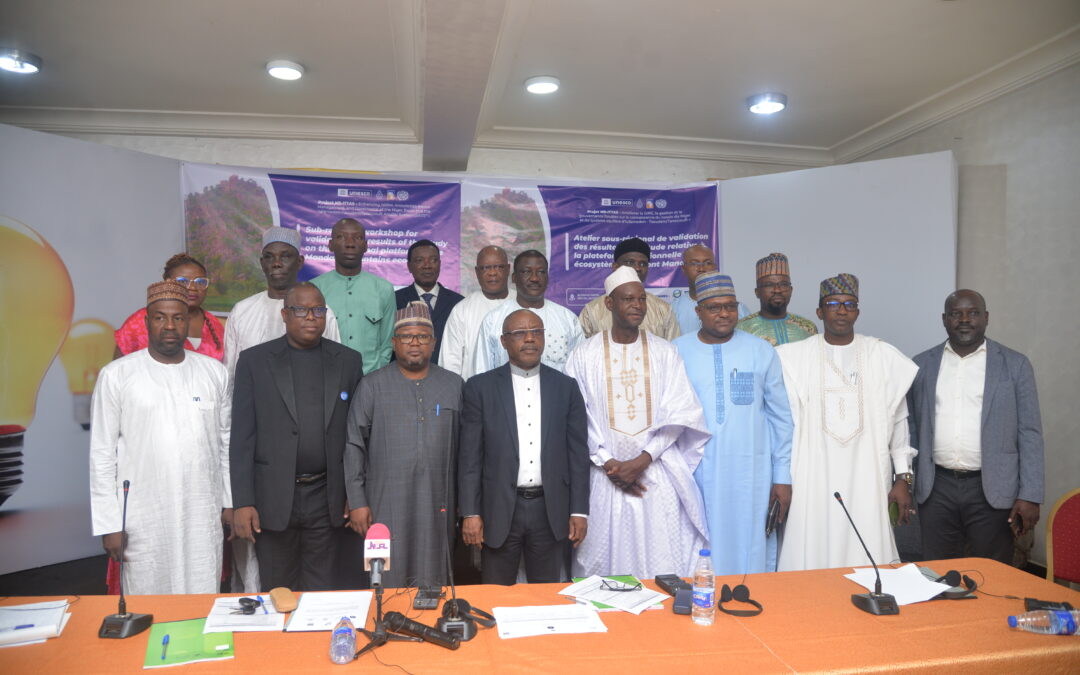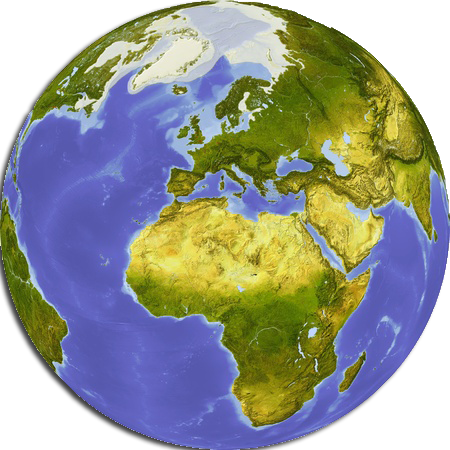The sub-regional workshop to validate the study results on the functional platform of the BSB Yamoussa complex marks a decisive step towards the preservation of this area. From July 11 to 13, 2024, experts from Nigeria and Chad gathered in Abuja, Nigeria, to discuss innovative approaches for preserving this crucial ecosystem, which is vital for biodiversity conservation in the Sudano-Guinean zone of Central and West Africa.
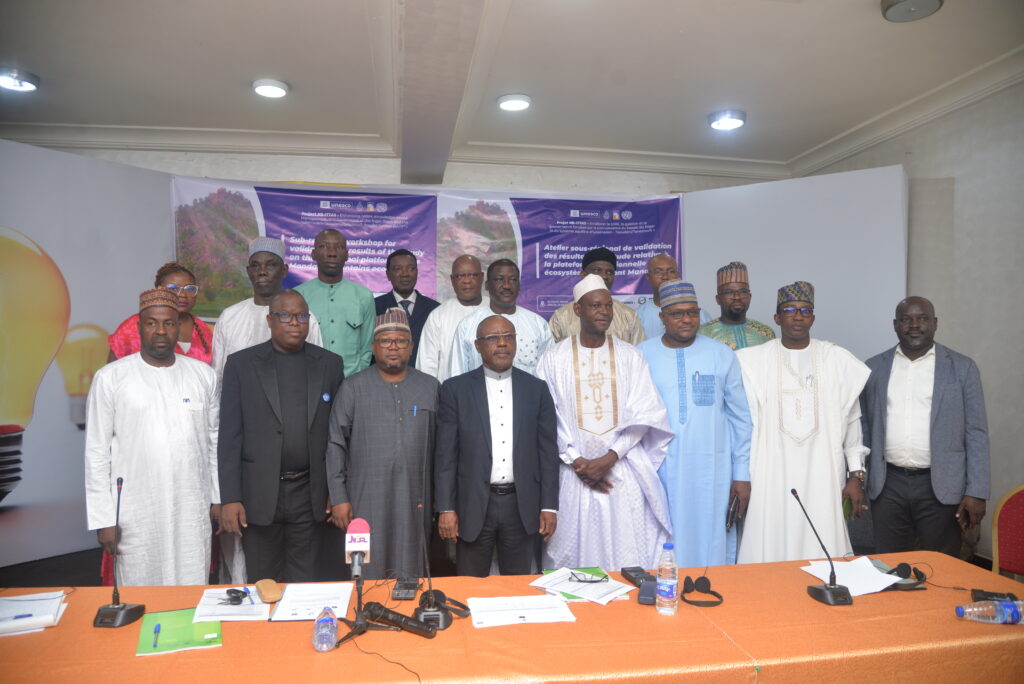
“Strengthening the contribution of national institutions to the management of the transboundary binational ecosystem complex of Sena Oura/Bouba Ndjidda, involving Cameroon and Chad.” This was the goal of the sub-regional workshop that resulted in the validation of the mission’s results on the transboundary ecosystem of the Sena Oura/Bouba Ndjidda complex and the formulation of recommendations for implementing the project’s activities in this ecosystem. During the workshop, participants reviewed the documents submitted for validation and made recommendations for better management of the Sena Oura/Bouba Ndjidda transboundary binational ecosystem complex.
At the end of the workshop, participants praised the convivial atmosphere throughout the discussions and believed the workshop’s objectives were largely achieved. They also commended the technical and financial partners for their multifaceted support in making the workshop possible. Satisfied with the quality of the exchanges, they unanimously validated the various documents submitted for their consideration, subject to the incorporation of the provided comments and observations.
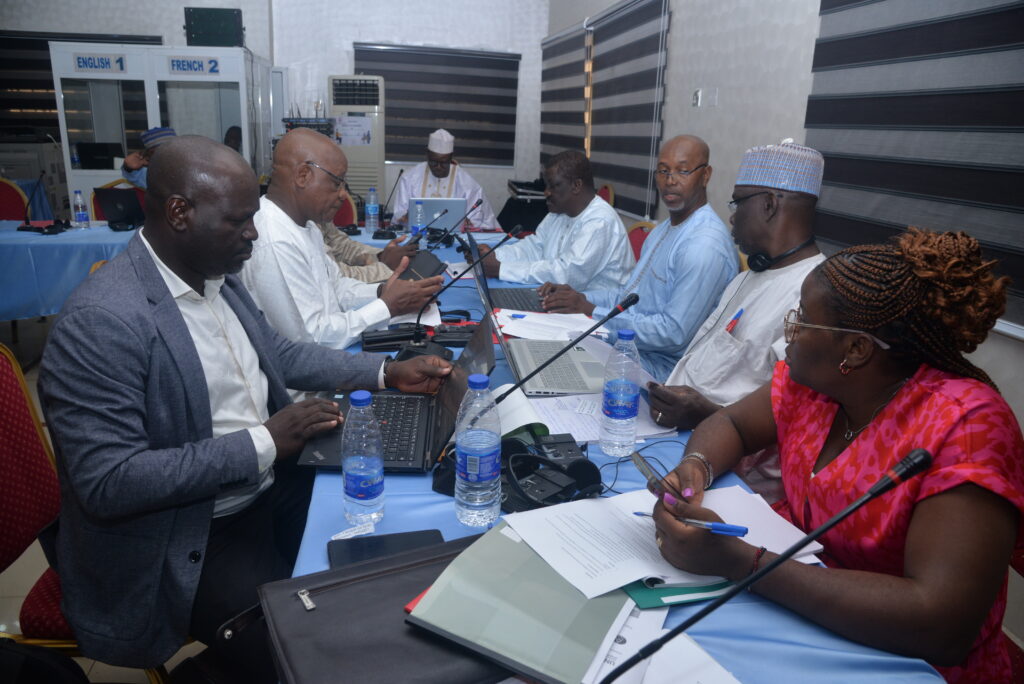
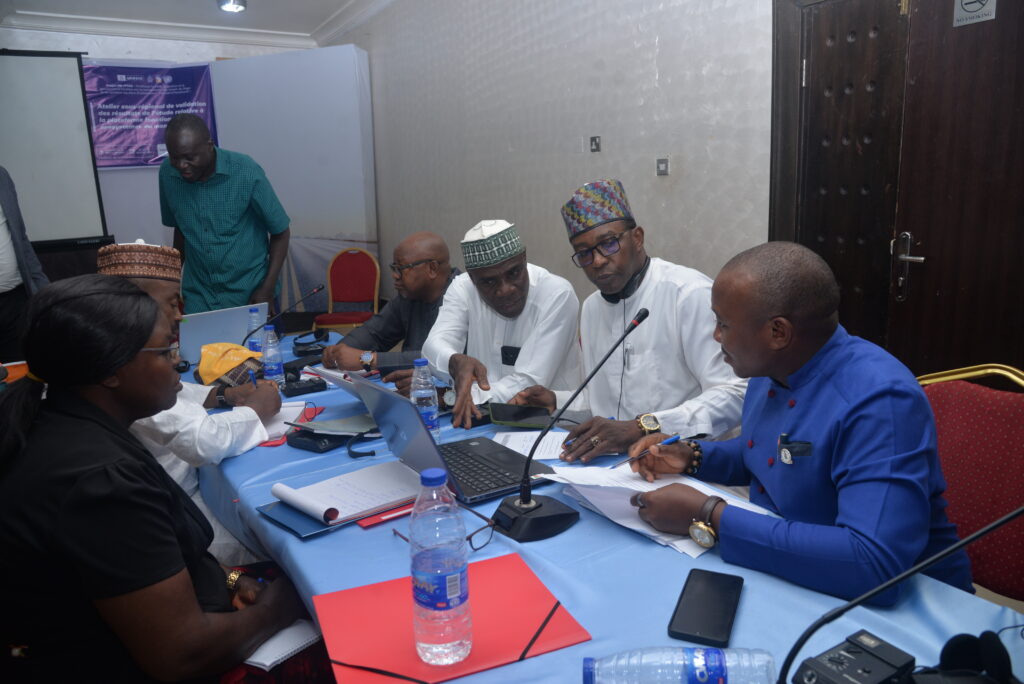
Recommendations
To the Consultancy Firm:
Participants recommend integrating the comments and observations into the three documents resulting from the mission on “formulating pilot demonstration projects based on innovative/ecological technologies, designing a capacity development program, and a joint monitoring system to support the governance structures of the functional platforms of the BSB Yamoussa ecosystem.” They also recommend working with the BSB Yamoussa conservators and the national focal points of the NB-ITTAS Project to finalize the pilot demonstration project documents, the capacity-building program, the joint monitoring system, and their respective budgets.
To the NB-ITTAS Project:
It is recommended to accelerate the implementation of the Demonstration Project activities, which are already delayed and have only six months remaining. Additionally, NB-ITTAS is urged to facilitate the funding mechanism for field activities at the project’s various sites.
To the Managers of the Protected Areas of the BSB Yamoussa Complex:
The workshop participants’ recommendations aim to facilitate data collection for monitoring the validated BSB indicators. The involvement of each country’s National Coordination Unit (CNU) in implementing all field activities is also recommended. Furthermore, they are encouraged to actively participate in the project activities on the ground.
Insight into the BSB Yamoussa Complex
The BSB Yamoussa Complex comprises the Bouba Ndjida National Park (PNBN) in Cameroon and the Sena Oura National Park (PNSO) in Chad. It is of great importance for biodiversity conservation in the Sudano-Guinean zone of Central and West Africa. This protected area complex is one of the last refuges in the region for many wildlife species, many of which are threatened with extinction. The main large wildlife species found here include elephants, lions, buffaloes, giraffes, Derby elands, and other large antelopes.
Pressure on the parks is continuously increasing due to ongoing population growth, which has a devastating and ever-growing effect on land use by pastoralism and agriculture, illegal gold mining, regional conflicts, and the advanced degradation of peripheral areas in Cameroon. Additionally, insufficient coordination on transhumance and the exponential increase in organized elephant poaching on an international scale are exacerbating the situation.

